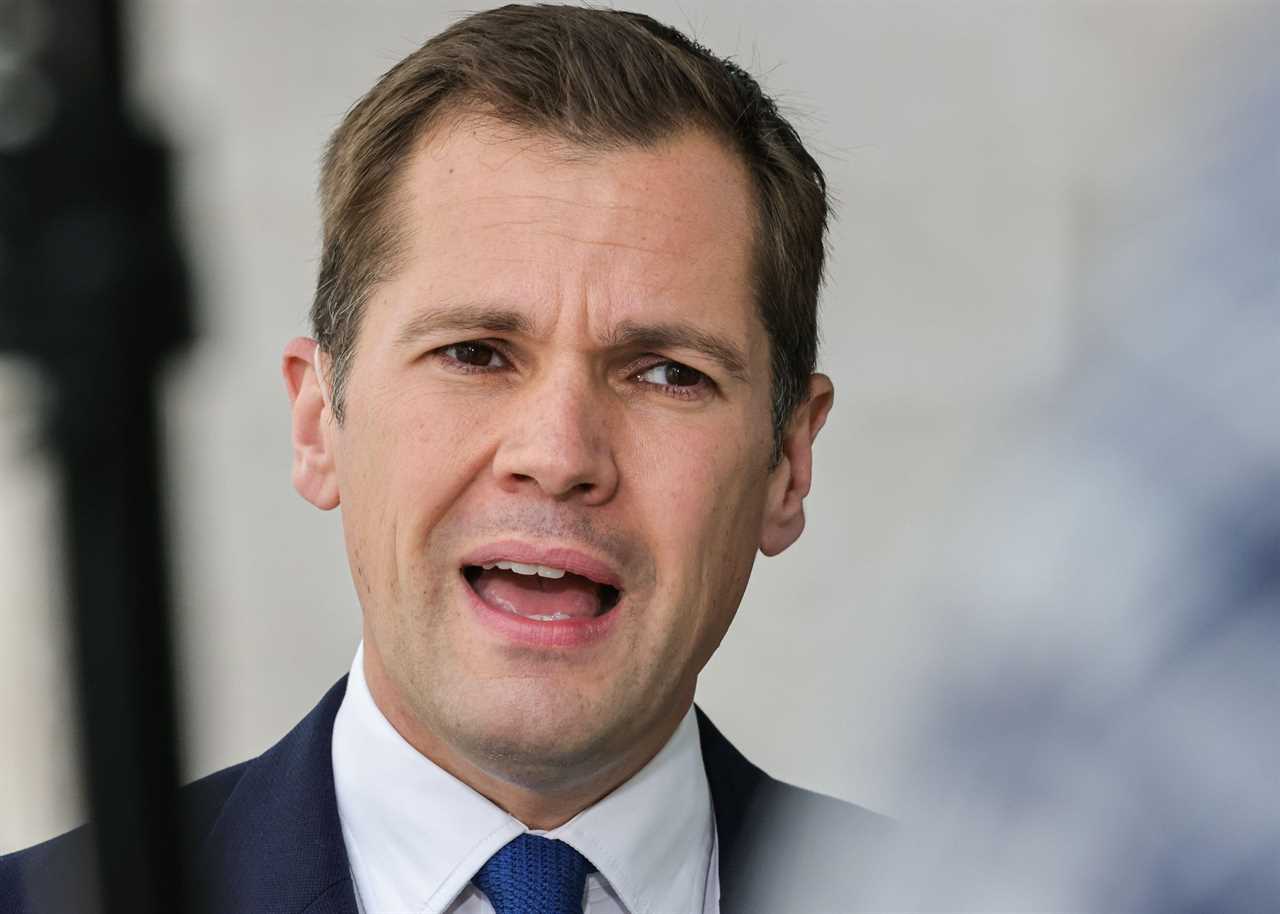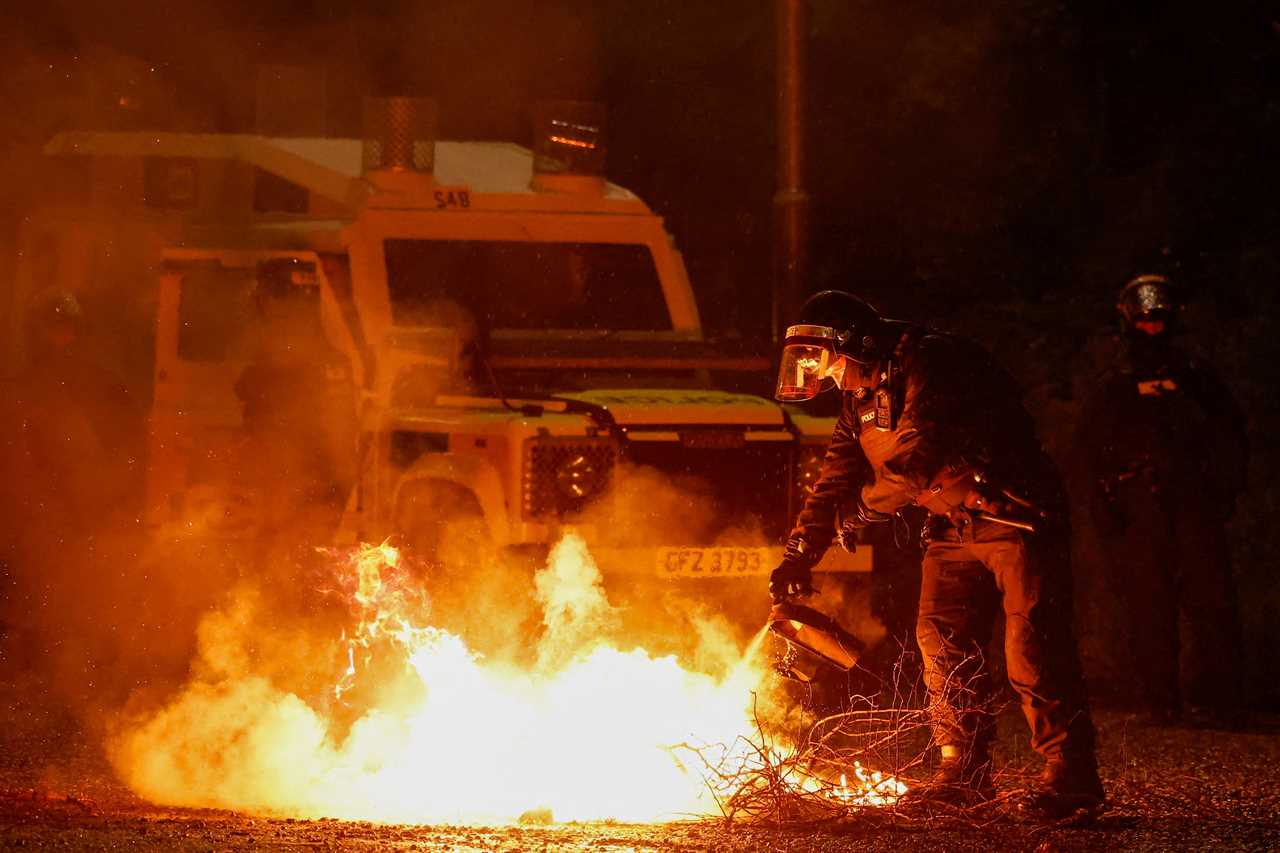
In a recent dispute, Robert Jenrick has condemned the BBC for labelling concerns about migrant attacks on children as "irrational" and xenophobic. This clash highlights the deep-seated tensions surrounding migration, legality, and societal fears in the UK, reflecting broader anxieties about cultural shifts and community cohesion. The exchange between Jenrick and Dr. Krish Kandiah on Radio 4 underscores the complexities of discussing immigration, fear, and prejudice in a polarized social climate.
The wider context: Migrant Tensions and Social Division
The escalating tensions over migrants, epitomized by protests outside asylum seeker hotels and growing discontent with government responses, reveal a society grappling with issues of security, integration, and collective identity. The narratives around migrants fleeing war juxtaposed with concerns over illegal entry and safety underscore the intricate web of emotions and realities shaping public discourse. As protests intensify and authorities seek to quell unrest, the need for nuanced dialogue on migration policies and social cohesion becomes increasingly urgent.
Unpacking Historical Precedents and Structural Challenges
Examining the historical backdrop of migrant-related conflicts, such as the Northern Ireland riots and past misinformation-triggered violence, unveils the enduring power dynamics, misinformation risks, and societal fault lines that fuel such unrest. Structural inequalities, media influences, and political rhetoric converge to shape public perceptions, often leading to divisive narratives and harmful outcomes. Understanding these deeper forces is crucial in addressing the root causes of social tensions and promoting inclusive, informed debates.
Policy Responses and Community Resilience
The government's pledge to address migrant accommodation issues by 2029 reflects a broader policy approach aiming for fiscal efficiency and social stability. However, the resistance from some migrants and the persistence of protests signal the complexities of implementing top-down solutions to deeply entrenched social concerns. Balancing firmness with fairness in governance requires a delicate navigation of legal, ethical, and humanitarian considerations, highlighting the intricate challenges of managing migration in a diverse society.

Empathy, Education, and Constructive Dialogue
Amidst the swirling debates on migrants, safety, and identity, fostering empathy, promoting factual education, and facilitating constructive dialogue are crucial steps towards building bridges in fractured communities. Recognizing the fears and vulnerabilities on all sides, while challenging stereotypes and prejudices, can pave the way for more inclusive, resilient societies. By engaging in respectful conversations, acknowledging complexities, and seeking common ground, we can move towards a future where diversity is celebrated, and unity is strengthened.
Did you miss our previous article...
https://trendinginthenews.com/uk-politics/incident-in-dunkirk-refugee-camp-highlights-complexities-of-migration-crisis






